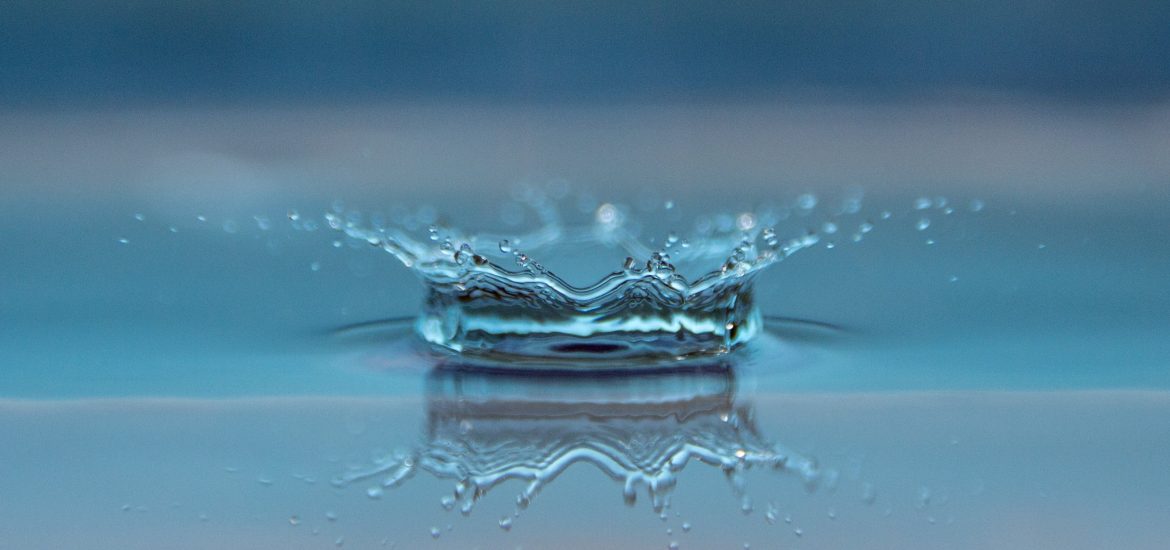Do you know how pure your water is? Would you drink the water you bathe in? If you want to stay as healthy as possible, your bathing and drinking water should be equally clean.
Water purity matters because contaminants can wreak havoc in the body. You might have an expensive, elaborate water filtration system in your home, but is that system customized to filter out the right contaminants? Does your eco-friendly showerhead have a fluoride and chlorine filter attached?
Twenty years ago, people bought generic water filtration systems without having their water tested. Today, water purification companies will test your water first to make sure you get the filtration system you need.
1. Chlorinated water produces chloroform
Most public water sources are treated with chlorine as a disinfectant to kill germs. Although governmental agencies have declared safe levels of chlorine, it’s not just chlorine that poses a threat. When chlorinated water is heated, the chemical reaction produces chloroform.
According to the Agency for Toxic Substances & Disease Registry, chloroform is a threat to public health. Chloroform affects the nervous system via the brain, liver, and kidneys and can cause fatigue, dizziness, and headaches.
When your water isn’t filtered properly, the following activities can cause chloroform to enter your body:
- Taking hot showers. Chloroform can enter your body by breathing air that contains chloroform. When you take a hot shower, a chemical reaction with chlorine creates chloroform and you end up breathing in the vapors.
- Taking hot baths. Just like hot showers, taking a hot bath in chlorinated water can cause you to breathe in chloroform vapors.
- Soaking in a hot tub or heated pool. If a hot tub or pool uses chlorine as a disinfectant, you’ll be breathing in chloroform while you’re soaking or swimming.
- Washing your hands. Anytime you submerge a part of your body in hot water, there is a chance that you’ll be exposed to chloroform.
- Drinking water. Sometimes chloroform is already present in water and by drinking the water, you put chloroform in your body.
Filtering all the water in your household is the best way to prevent breathing in or ingesting chloroform.
2. Your body absorbs contaminants in water
Whenever you take a shower, a bath, or swim in a natural body of water, your body will absorb certain contaminants present in the water. Some of these contaminants may not cause immediate harm, but will build up over time.
A study published in the Journal of the American College of Toxicology demonstrated a cumulative effect from absorbing benzene from water. Benzene is detrimental to bone marrow and can cause anemia by reducing the number of red blood cells in a person’s body. According to the CDC, benzene can also cause excessive bleeding and compromise the immune system.
3. You can’t always taste impurities
Water that tastes good isn’t necessarily cleaner than water that tastes bad. When you’re assessing purity, taste isn’t the best indicator. For instance, arsenic – a deadly poison – is sometimes found in groundwater, but it’s tasteless. Pakistan had a huge problem with groundwater contaminated with arsenic. When arsenic accumulates in the body, it can cause cancer along with other ailments.
When you live in the United States, it’s easy to take clean water for granted. Water treatment in the U.S. is more widespread than in developing nations. According to the World Health Organization (WHO), 2 billion people use water sources contaminated with feces. However, the U.S. isn’t immune to contaminated water that will cause serious illness if consumed.
4. Clean water is important for overall health
Eating fresh fruits and vegetables is important, but you also need to drink clean water on a daily basis. Clean water is vital for maintaining your health. The human body needs water for a host of processes including temperature regulation, cell repair, and hydration.
The human body is made of about 60% water and our blood is comprised of 90% water. All day, your body loses small amounts of water when you breathe, sweat, and digest food. Most lost water is regained by eating foods that contain water, but you still need to drink pure water separately.
Although the amount of water each person needs to drink daily is debatable, there are undeniable benefits to drinking pure water. For instance, water lubricates your joints, keeps skin healthy, and the water in your blood helps transport oxygen throughout your body.
Filter and purify all the water you consume
Water purity is critically important. Your body needs pure water to survive. Whether you bathe in it or drink it, make sure the water you consume is as pure as possible.

